In the dead of night, Maria Hernandez's world was turned upside down. She answered a knock at her door, expecting a routine visit from immigration officials, but instead, she was met with a group of masked men claiming to be from Immigration and Customs Enforcement (ICE). They demanded entry, citing a warrant that Hernandez couldn't verify. As she hesitated, the men threatened to harm her and her family if she didn't comply. It was only when she called a local police precinct that the real ICE agents arrived, exposing the impostors.
This harrowing experience is not an isolated incident. In recent months, a wave of fake immigration officers has swept across the United States, leaving a trail of robberies, kidnappings, and sexual assaults in their wake. According to a law enforcement bulletin issued by the Federal Bureau of Investigation (FBI), at least five such incidents have been reported in 2025, with the perpetrators using ICE's heightened profile to target vulnerable communities.
The bulletin, obtained by WIRED, serves as a stark reminder of the erosion of trust in law enforcement, particularly among immigrant communities. The FBI urges agencies to ensure officers clearly identify themselves and cooperate with civilians who request further verification, including allowing calls to a local police precinct. This is a crucial step in preventing such incidents and rebuilding trust.
The phenomenon of fake immigration officers is not unique to the United States. In many countries, including Mexico, Brazil, and India, similar scams have been reported, often with devastating consequences. In 2019, a group of fake immigration officials in Mexico City extorted thousands of dollars from migrants, leaving them stranded and vulnerable.
The use of fake immigration officers is a classic tactic employed by organized crime groups to exploit the fears and anxieties of migrant communities. By posing as law enforcement, these individuals can gain access to homes, businesses, and even detention centers, where they can commit crimes with impunity.
Experts say that the rise of fake immigration officers is a symptom of a broader issue – the increasing militarization of immigration enforcement. "When you militarize immigration enforcement, you create an environment where people are more likely to be fearful and more likely to be targeted by scammers," says Dr. Maria Rodriguez, a migration expert at the University of California, Berkeley.
The FBI's bulletin highlights the need for law enforcement agencies to take a more nuanced approach to immigration enforcement. "We need to recognize that immigration is a complex issue that requires a multifaceted response," says FBI spokesperson, Laura Eimiller. "We must work with communities to build trust and ensure that our enforcement efforts are fair and transparent."
As the United States grapples with its immigration policies, the phenomenon of fake immigration officers serves as a stark reminder of the human cost of inaction. For Maria Hernandez and countless others, the experience has left a lasting impact, eroding trust in law enforcement and highlighting the need for a more compassionate and humane approach to immigration enforcement.
In the words of Dr. Rodriguez, "We need to recognize that immigration is not just a policy issue, but a human issue. We need to treat people with dignity and respect, and work towards creating a more just and equitable society for all."
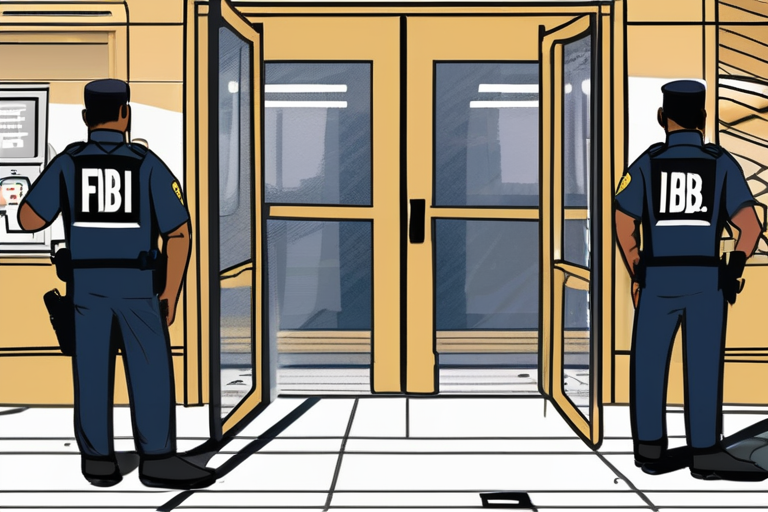




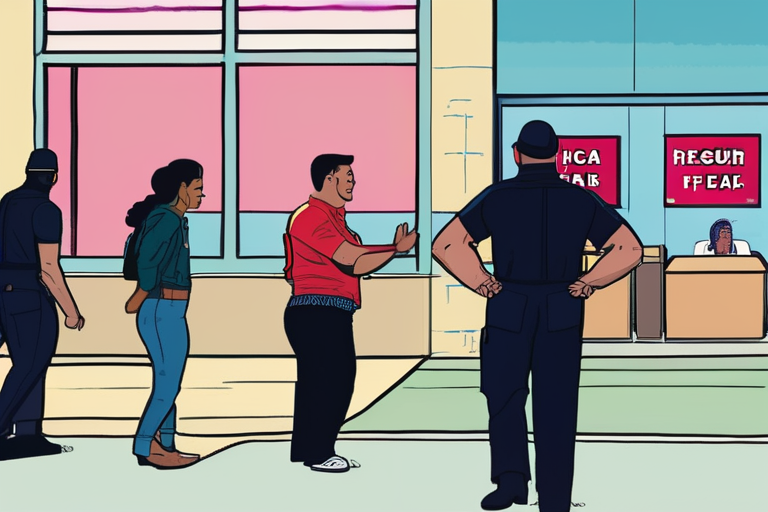

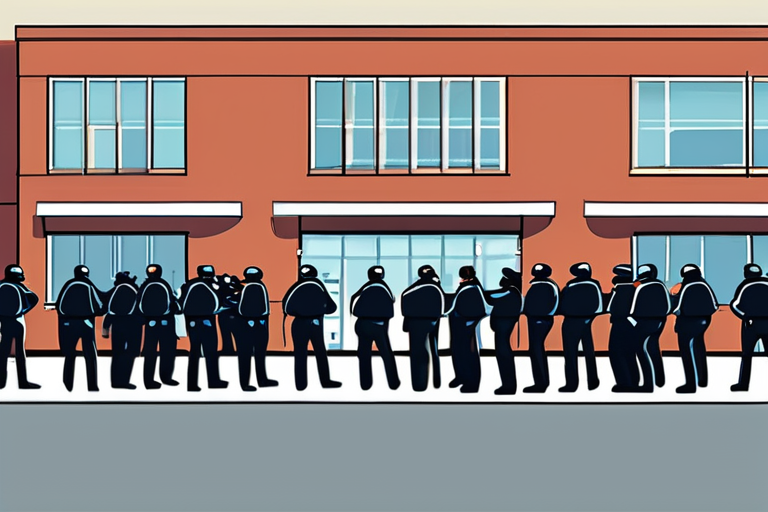
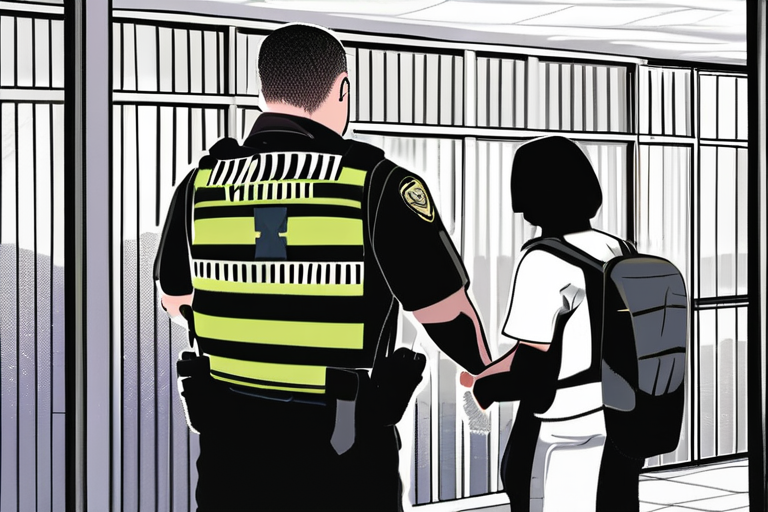



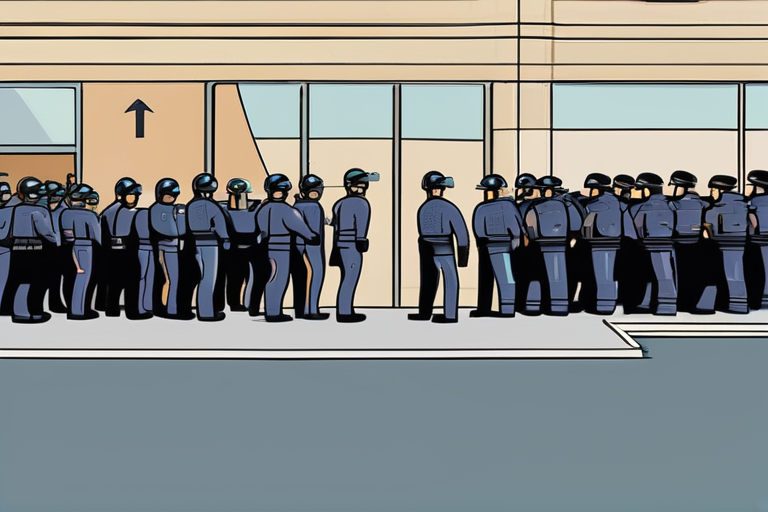

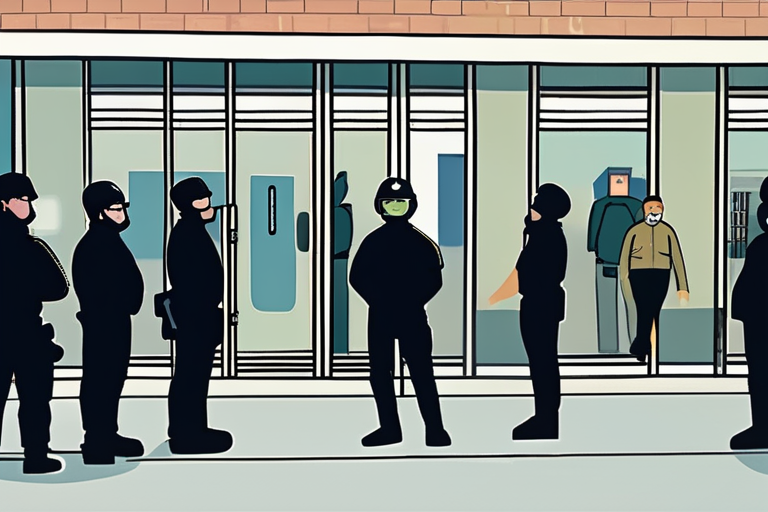





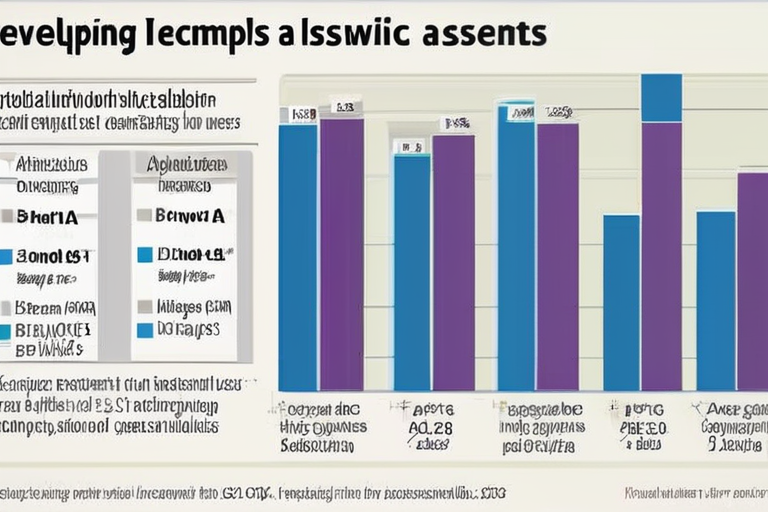


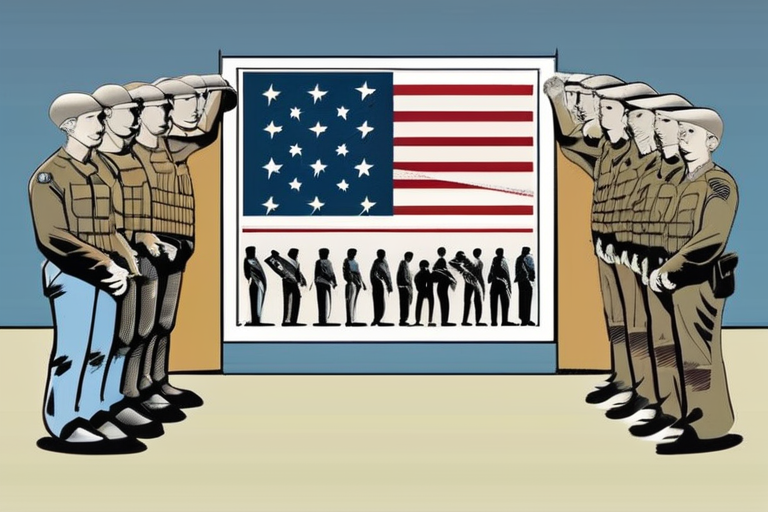
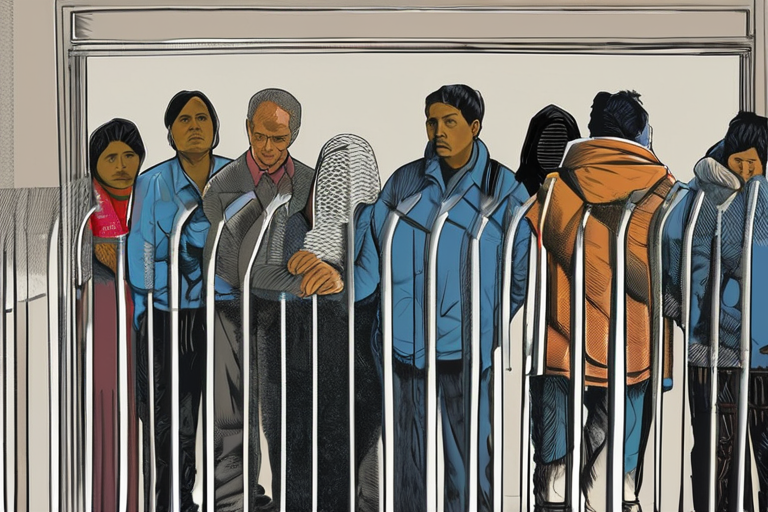

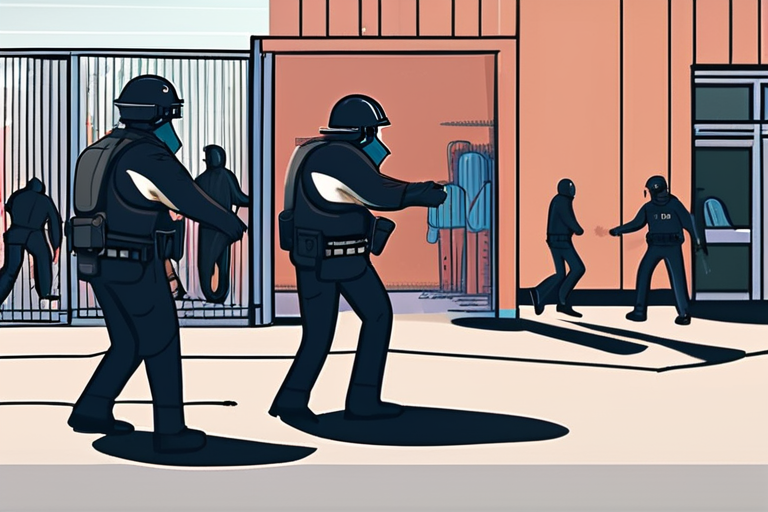
Share & Engage Share
Share this article